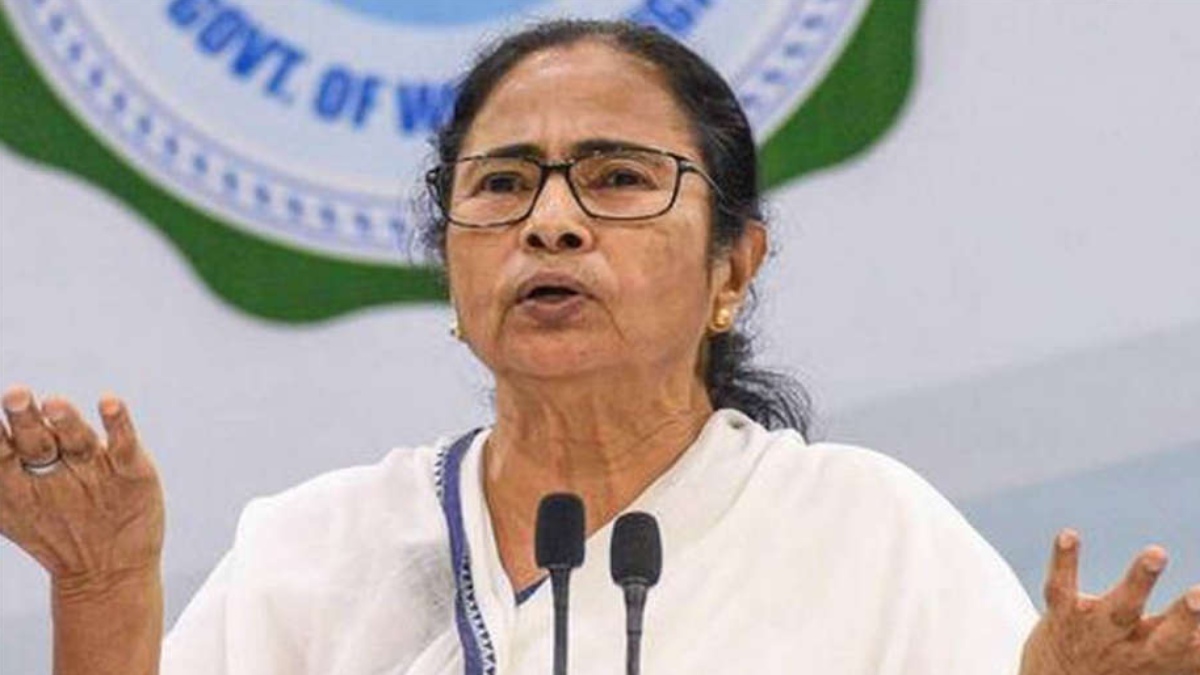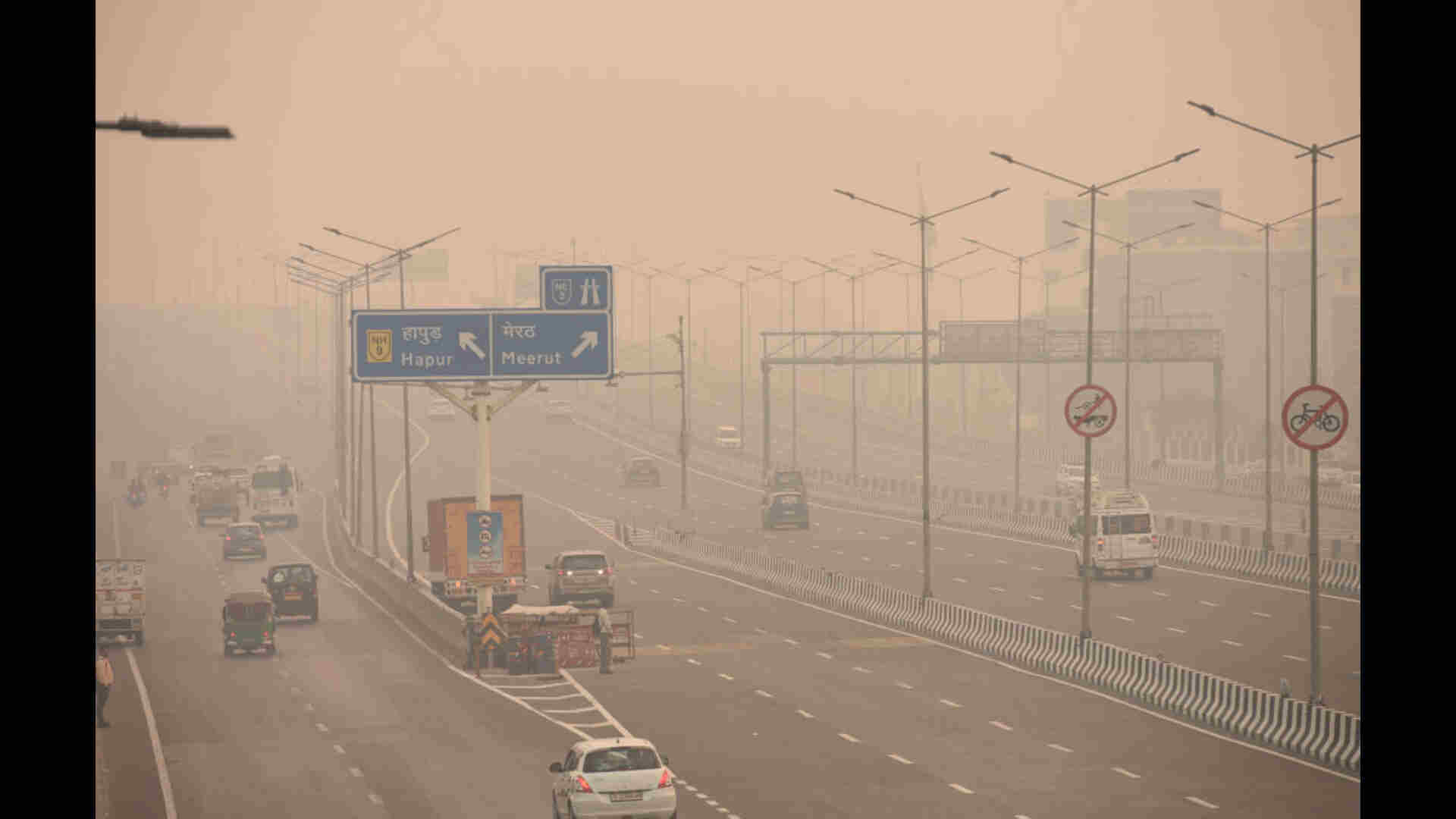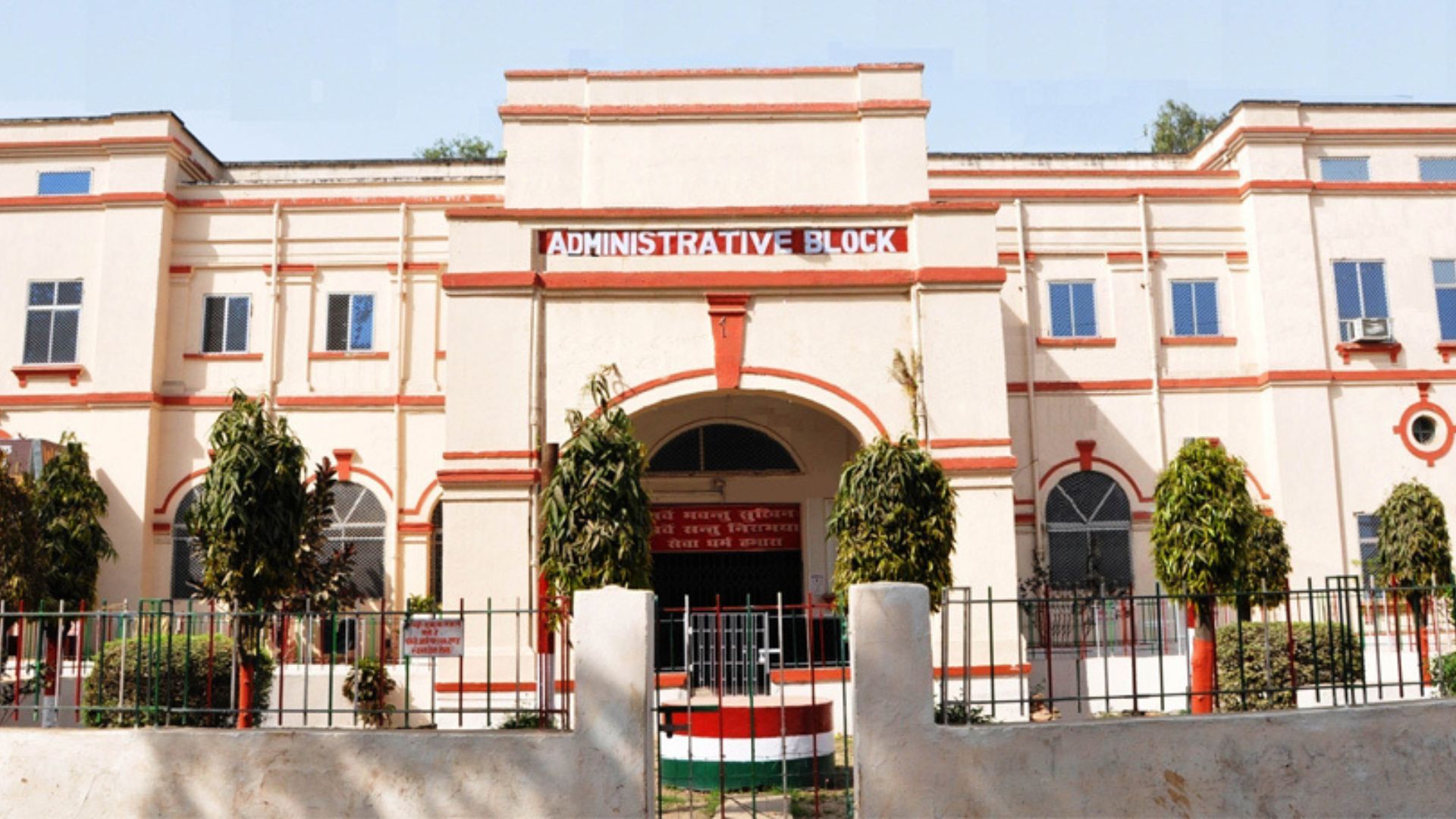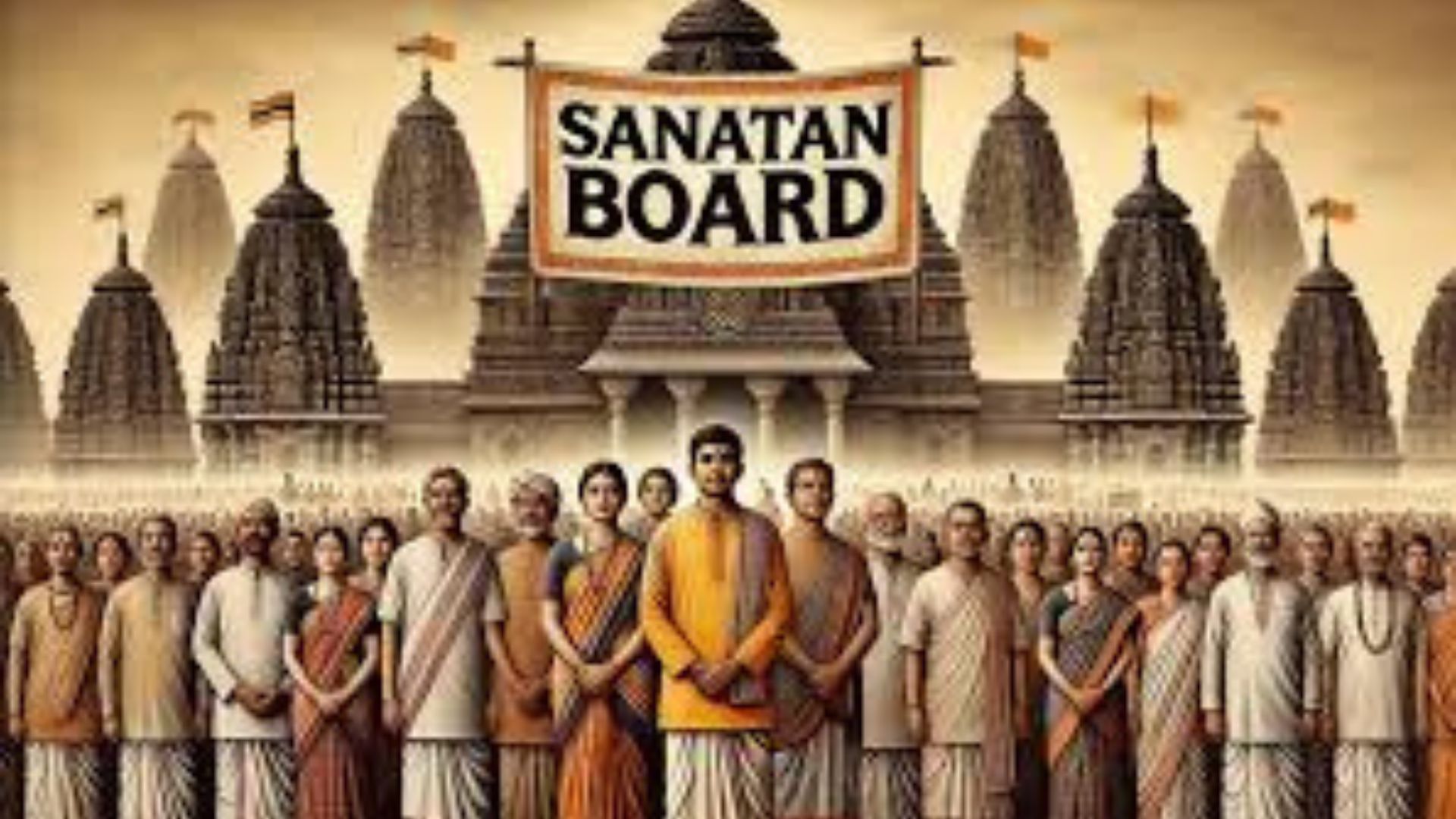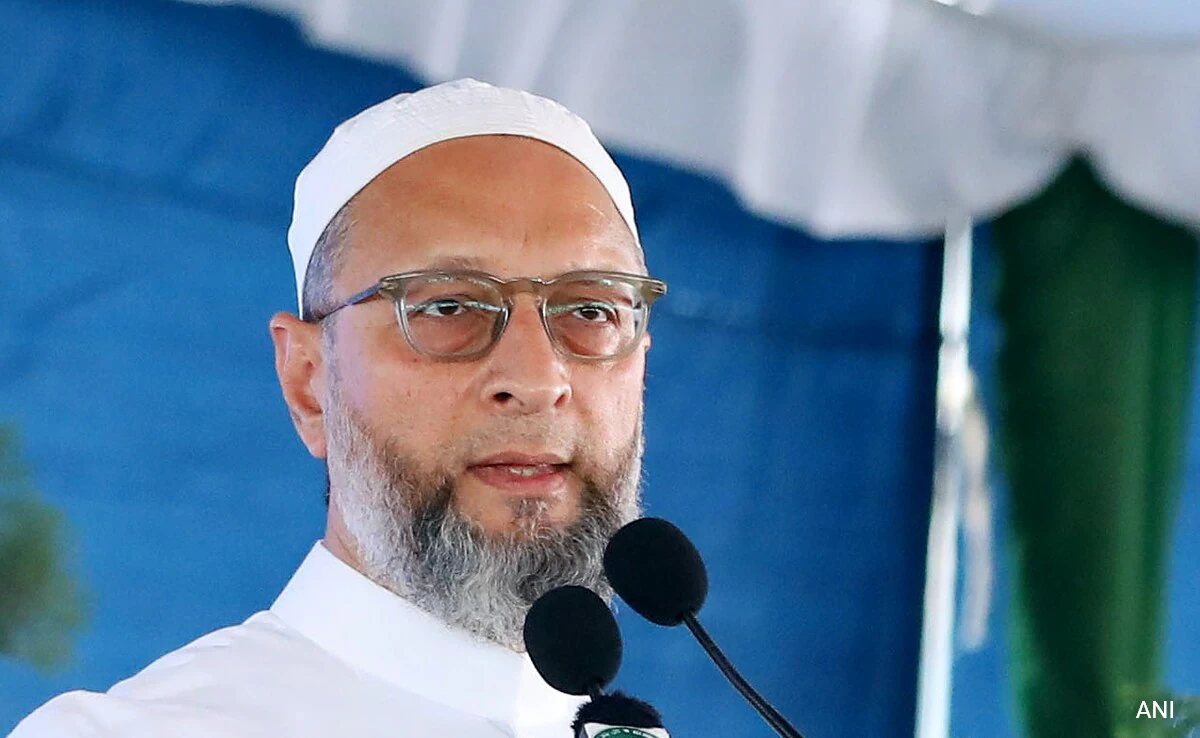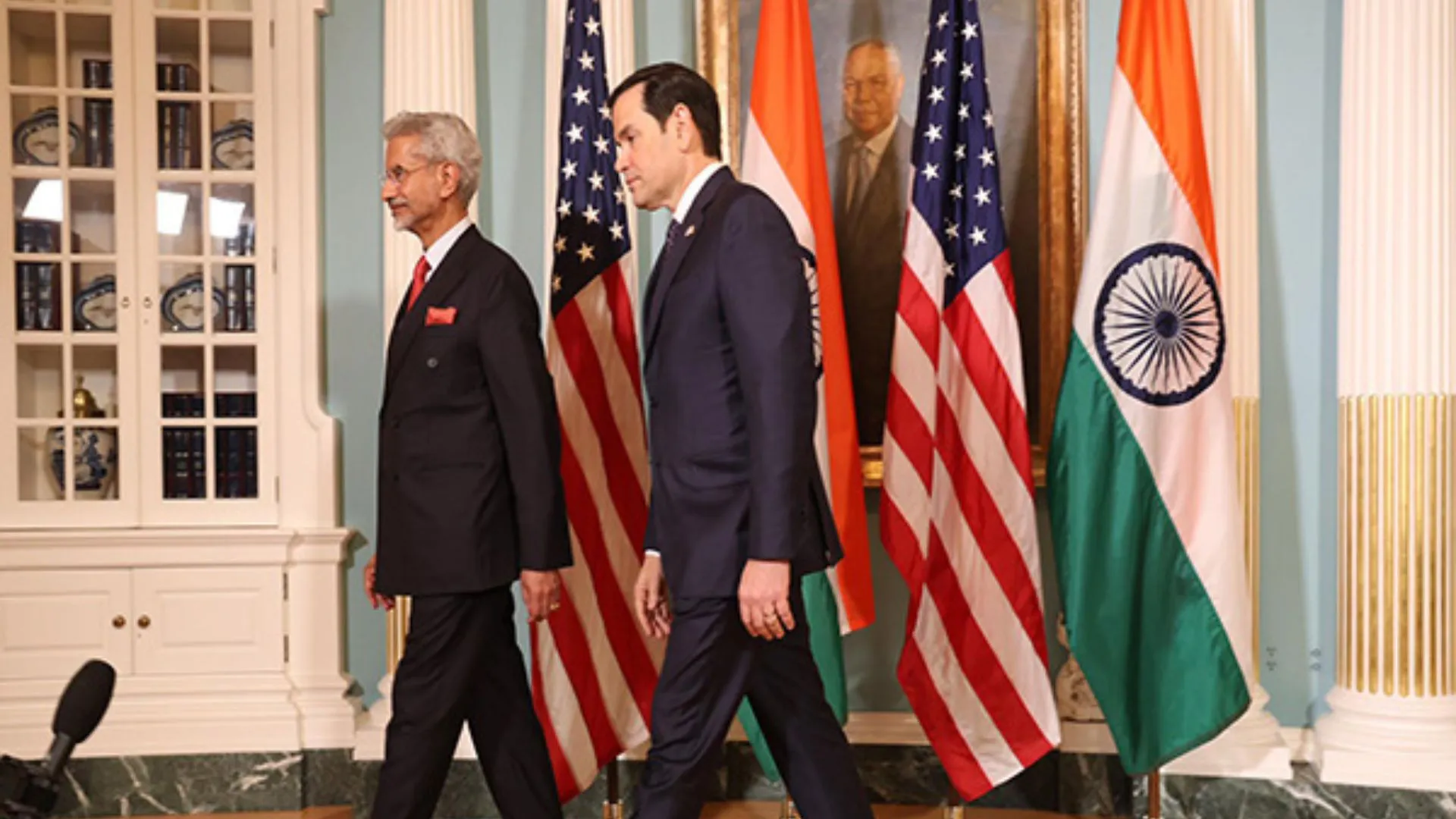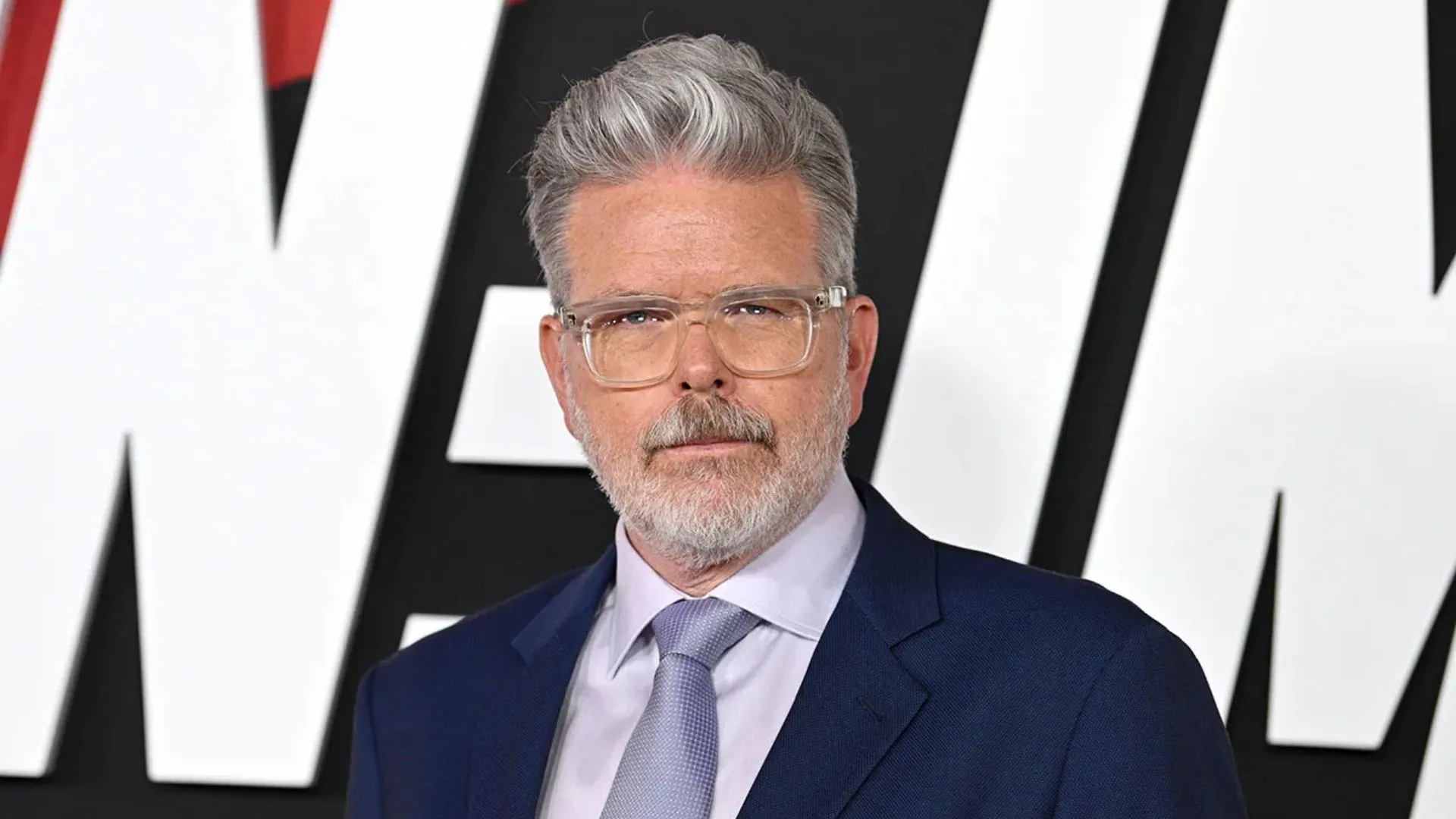In 2021, the All India Trinamool Congress (AITC or TMC) swept the West Bengal Assembly elections, held during the peak of the second wave of COVID-19. The Mamata Banerjee-led party continued its domination in the state for the third consecutive election and bagged 213 out of the 294 seats in the Assembly. The party successfully overcame all attempts of the Bharatiya Janata Party (BJP) in getting a foothold on the country’s eastern coast. Shortly afterwards, the TMC also defeated the BJP in the by-polls held in October. After being elected as the Chief Minister of West Bengal for the third time, Banerjee has been travelling across states, meeting opposition party leaders ahead of the Assembly elections scheduled to be held in various important states in 2022 and 2023. Unlike her earlier such meetings, Banerjee’s efforts this time are not restricted to only visiting opposition leaders, as her party continues to expand its footprints across the country by inducting leaders from various parties – especially the Congress. In its path to national expansion, the Banerjee-led Trinamool Congress is now contesting elections in the states of Goa, Tripura, and Meghalaya for the first time. While the induction of senior and high profile leaders from various states into the TMC has been grabbing media headlines, the party’s lack of a clear ideology and strategy is likely to be a hindrance on its path to national expansion.
However, even if the party doesn’t manage to win a significant number of seats in these states, even gaining a foothold in these states will help its aspirations of becoming a national party on the road to the 2024 Lok Sabha elections.
TMC’s Northeast Expansion Plan
The TMC’s national ambitions are taking shape in the northeast, where the party is targeting the Bengali diaspora in three states— Tripura, Assam and Meghalaya. According to the 2011 Census, around 65% of Tripura’s population is Bengali, while the number is 28% and 9% for Assam and Meghalaya, respectively.

Source: Wikimedia Commons

As per industry experts, the TMC’s decision to start its national expansion plans with these three states is likely to play out well as all three states have a significant Bengali presence. The TMC seems to be trying to mobilise anti-Modi support in the three BJP-ruled states — West Bengal Chief Minister and Trinamool supremo Mamata Banerjee has held at least three meetings with Akhil Gogoi of Raijor Dal over the last month of November in Assam and has been engaging with Pradyot Manikya, chief of the Tipraha Indigenous Progressive Regional Alliance (TIPRA), in Tripura.
In Meghalaya, the TMC, which earlier had virtually no presence became the state’s largest opposition party in the 60-member House as former Congress chief minister Mukul Sangma and 11 other MLAs formally joined the TMC in November this year. Similarly, in Assam, Sushmita Dev crossed over from the Congress ranks into the TMC fold in August 2021.
The TMC gave her charge of the party in Assam and Tripura besides nominating her to Rajya Sabha. In the same month, over 500 Congress workers from Cachar district of Assam officially joined Trinamool Congress Party following Sushmita Dev’s footsteps. In October 2021, former West Bengal minister Rajib Banerjee and Tripura BJP MLA Ashis Das joined the Trinamool Congress in Tripura, where state polls are due to be held in 2023.
The party contested the Tripura Civic assembly polls in November 2021 – one of its first outside West Bengal.
In 2015, the party did not even have representation in the civic body and had only managed to get a vote share of 0.4%. However, in 2021, the party managed to secure 16.4% of the votes overall. Out of the 120 of 222 seats that the party contested, it emerged as the second-highest party with a vote share of 19.9%.
MAMATA BANERJEE’S GOAN AMBITIONS
The TMC has also identified Goa as one of the key states for expanding its footprints nationally. The party is banking on former Goa Chief Minister Luizinho Faleiro, who left the Congress and joined the party in September 2021, to make inroads into Goa. Along with Faleiro, nine other leaders — Lavoo Mamledar, Yatish Naik, Vijay Vasudev Poi, Mario Pinto De Santana, Anand Naik, Rabindranath Faleiro, Shivdas Sonu Naik, Rajendra Shivaji Kakodkar, and Antonio Monteiro Clovis Da Costa have also joined the party after leaving the Congress. The TMC has made substantial progress in Goa with the help of defections from major senior leaders from Congress, Aam Aadmi Party (AAP), Shiv Sena, and the BJP, who have joined the TMC. The TMC will be fighting the upcoming Goa Assembly elections, scheduled to be held in February 2022 alone on all 40 seats.

Source: Creative Commons | CDC Global Health

Since its announcement of contesting the Goa polls, the party has inducted several eminent Goans from across sectors. These include boxer Lenny D’Gama, former Indian football defender Denzil Franco, and former international footballer Anthony Rabello. Actor and activist Nafisa Ali and tennis star Leander Paes also joined the Trinamool Congress in the state. Party defections to the TMC also included Goa Forward Party’s (GFP) working president Kiran Kandolkar, second only to party chief Vijai Sardesai. Along with Kandolkar came 40 others, including sarpanches of five villages from Assembly constituencies of Tivim and Aldona in North Goa. The TMC is completely eroding the Congress’ base in Goa and is building its cadre in the state mainly with a pool of former Congress workers. About 200 Congress workers and office-bearers had given their support to the Trinamool Congress. This included Priya Rathore, general secretary of the Congress’ women’s wing in Goa, as well as Dashrath Mandrekar, the Congress’ block president for Valpoi, an assembly constituency in North Goa. While the party has ruled out the possibility of an alliance with the AAP or Shiv Sena, it has announced it will be joining hands with the Maharashtrawadi Gomantak Party (MGP). Even if the TMC doesn’t win a large number of seats in Goa, gaining recognition as a political party will help its aspirations of becoming a national party on the road to the 2024 Lok Sabha elections.
ROADBLOCKS TO TMC’S NATIONAL PLANS

Source: Wikimedia Commons

Source: Wikimedia Commons
While the TMC is going at full speed with its plans to expand its electoral presence outside of West Bengal, the lack of clear ideology, vaguely defined party interests and the linguistic barrier all stand in the way of its long path to emerge as a major opposition party in the country. Firstly, while Mamata Banerjee remains the undisputed leader of Bengal, she does not enjoy the same popularity outside the state, especially in the Hindi-speaking parts of the country. The BJP’s stronghold in the country is the Hindi heartland, including states such as Uttar Pradesh, Madhya Pradesh, Uttarakhand, Rajasthan, Chhattisgarh, and Jharkhand and the only opposition that it faces in this decisive region is from the Congress.


Additionally, the TMC’s “strategy” for expanding its foothold in other states including Goa, seems to be to induct partyless politicians or encourage senior party leaders from other parties to defect. The party believes that it will pose a challenge to the BJP through the induction of disgruntled Congressmen such as Sushmita Dev, president of Mahila Congress, former Goa chief minister and Congress leader Luizinho Falerio and former President Pranab Mukherjee’s son Abhijeet Mukherjee amongst many others. However, in the long run, this move will at best only fragment the opposition and aid the BJP. The party needs to focus on building an organisation at the micro-level in states where it plans to contest elections. While high-profile inductions help the party gain media attention, it is unlikely to have the electoral impact that TMC expects.
Another very important roadblock that stands in the way of TMC’s national expansion is the lack of a core ideology. Political analysts and industry insiders state that while Banerjee has performed well in her role as a “street fighter” and is well versed in oppositional interest-based politics, she doesn’t have an ideological compass. In sharp contrast to the BJP, the Trinamool Congress remains devoid of an ideological core. For all major issues, including Ram Mandir, Triple Talaq, the border dispute with China, or CAA/NRC, TMC’s stance has almost always been dictated by an immediate political goal or vote bank instead of a clear ideological position. As the party continues to try and make inroads in other states, this will be a major obstacle as outside of the Bengali diaspora, no community would be able to relate to the TMC due to its lack of ideology.

